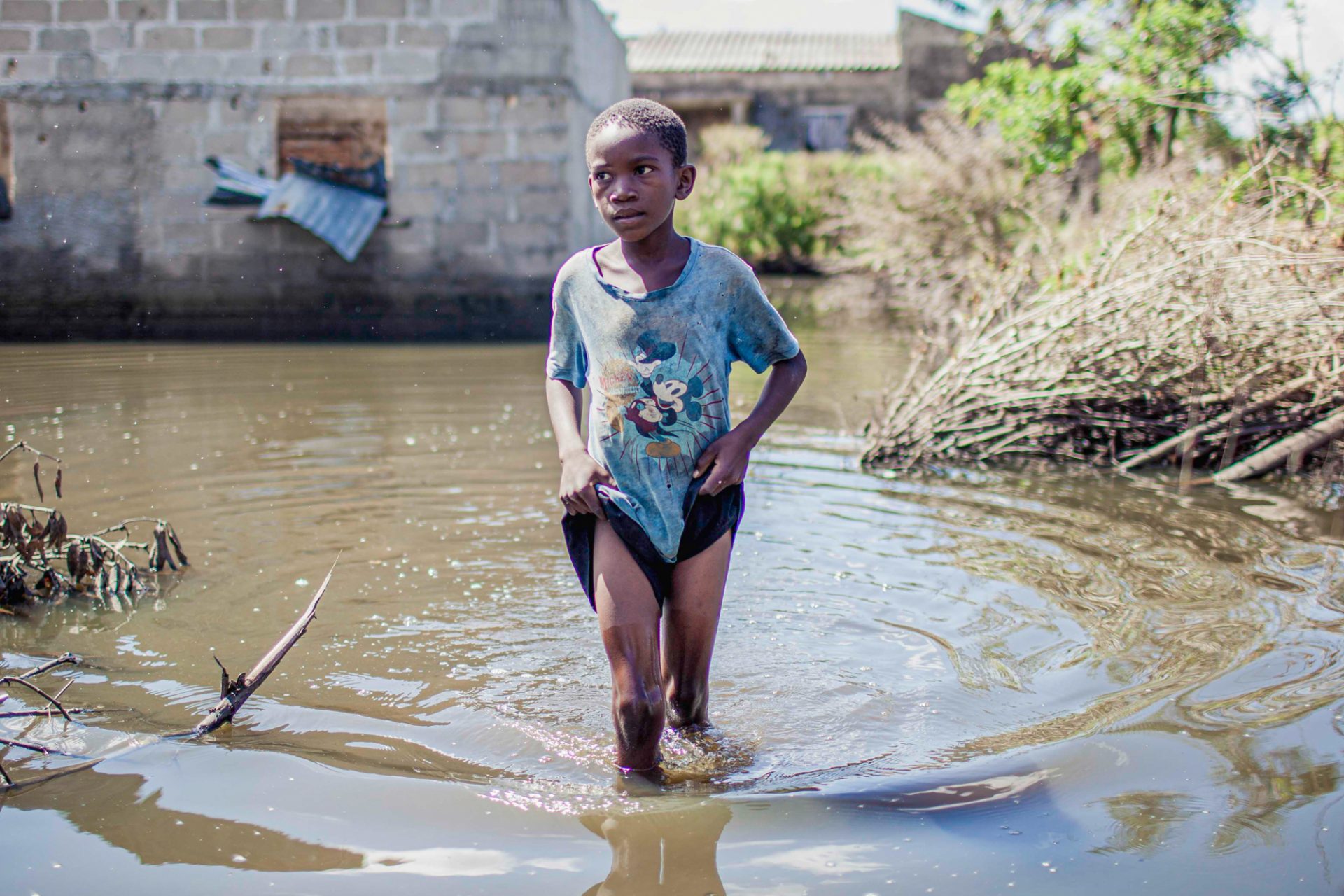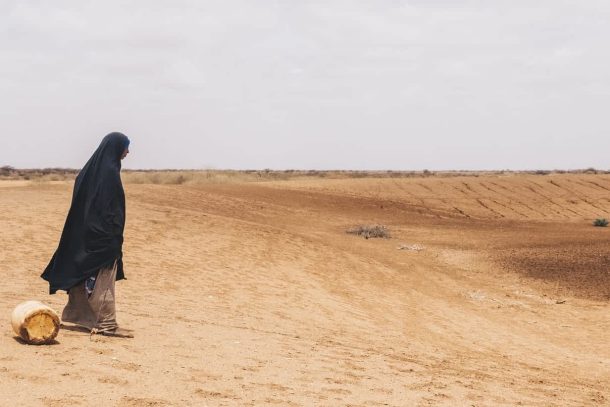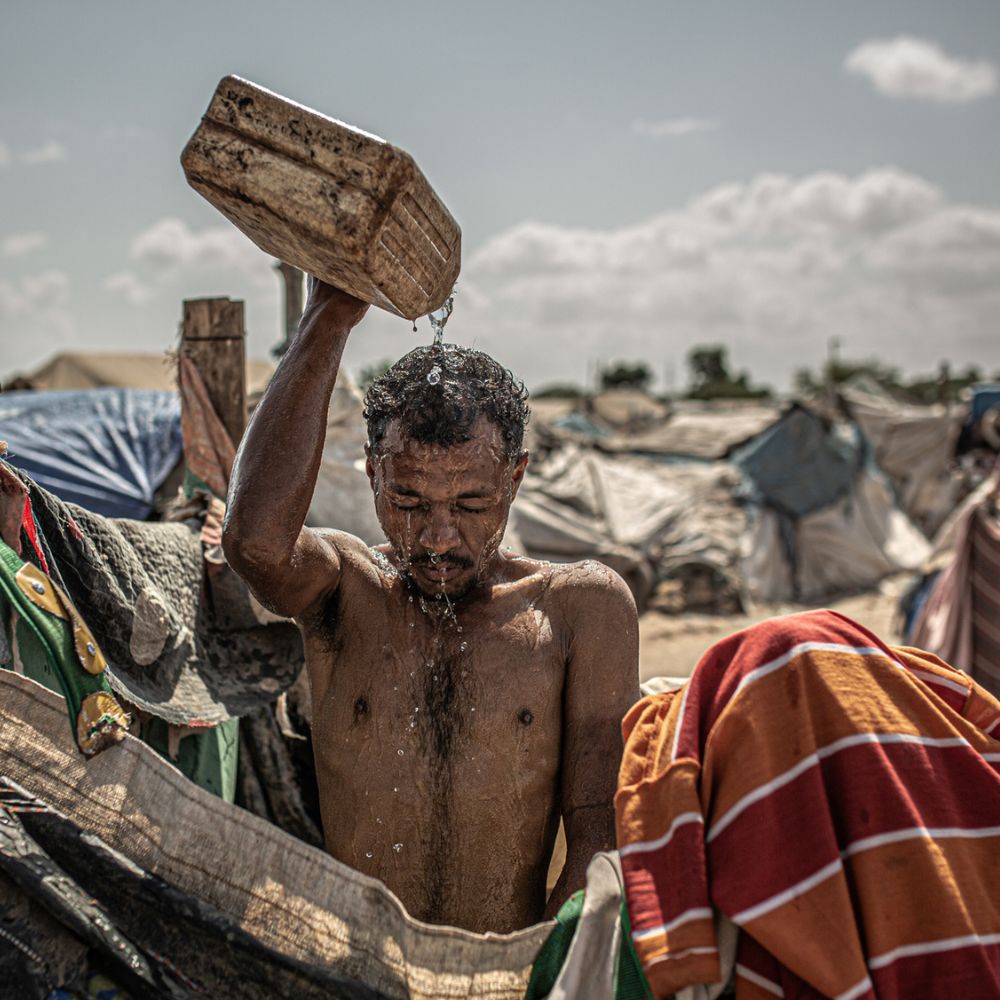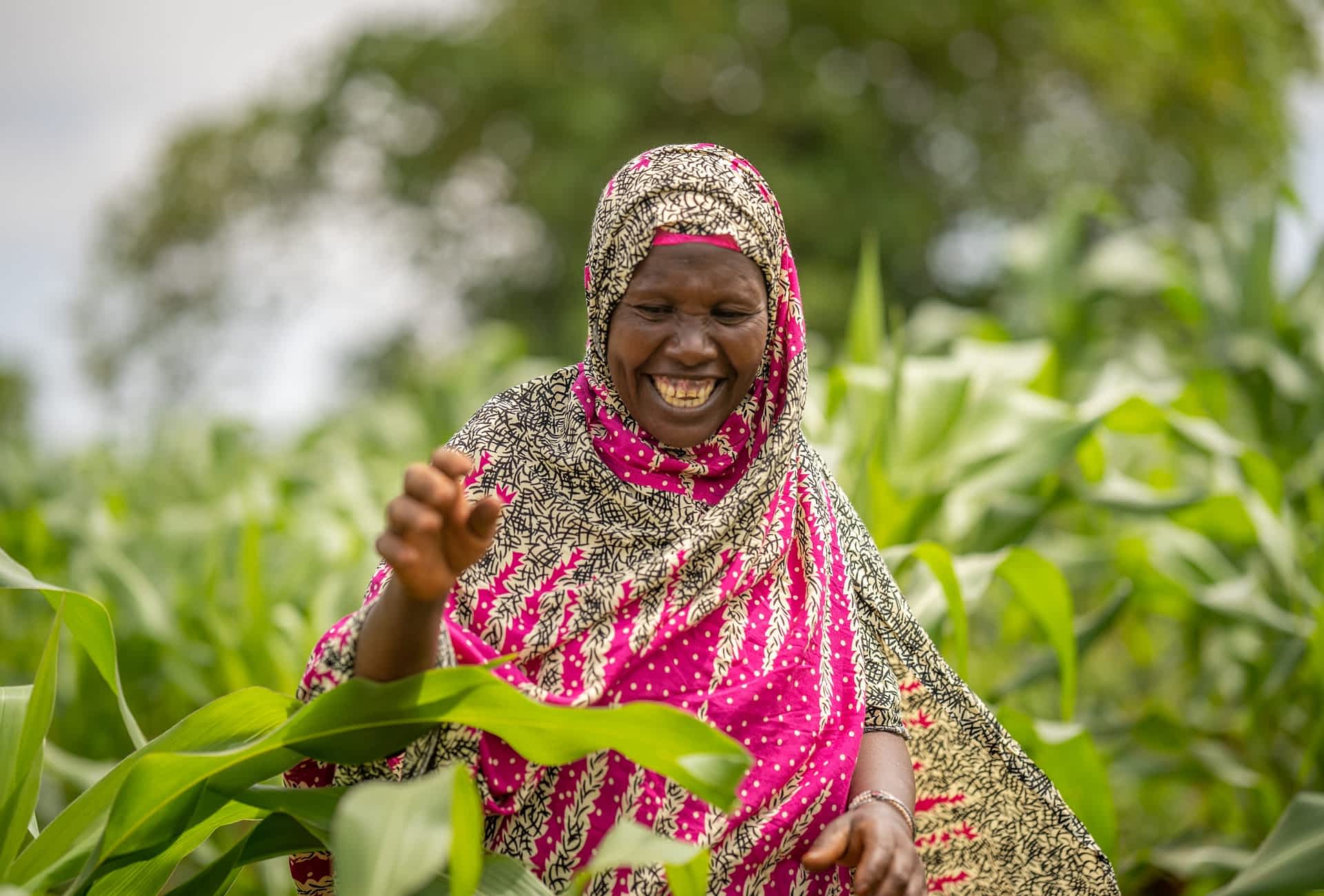
Climate Justice
The climate crisis is part of the global inequality crisis. While we in the western world account for by far the largest part of the CO2 emissions causing climate change, it is the world’s poorest who pay the price.
30 climate initiatives
in 11 countries are currently supported by Oxfam Denmark
+ 20 million
people in East Africa was in 2017 in need of humanitarian help because of climate crisis
80% of the population i Mali
doesn’t know if they’ll have food on the table
Fighting Climate Injustice Where It Hits Hardest
Oxfam Denmark is committed to securing a just and sustainable future for all—particularly for those who are least responsible for, but most affected by, the climate crisis. Our work spans both international advocacy and local development, addressing the root causes of inequality while helping vulnerable communities adapt to a changing world.
Holding Wealthy Nations Accountable
Our foremost priority is to push for greater climate justice on the global stage. Wealthy countries must live up to their obligations under the Paris Agreement—not only by cutting their own carbon emissions, but by fulfilling their financial commitments to the Global South. These funds are crucial for enabling climate-vulnerable countries to mitigate emissions and build resilience against rising risks.
At the international climate summit COP27, we helped amplify the voices of communities from the Global South, advocating for real commitments to “Loss and Damage” compensation—financial support for losses caused by climate-induced disasters such as droughts, floods, and damaged infrastructure.
Supporting Resilient Local Communities
Beyond international negotiations, we focus on strengthening local resilience. In countries like Mali, we support the adoption of sustainable farming practices that can withstand drought and desertification, helping communities boost food security and protect their livelihoods.

Photo: Khadija Farah / Oxfam
In Latin America, we work with Indigenous peoples to strengthen their role in local decision-making processes, especially concerning the use of rainforest resources. By equipping communities with knowledge, tools, and political voice, we contribute to more equitable and sustainable management of natural assets.
Empowering Women in the Face of Climate Change
Women are often disproportionately affected by the consequences of climate change, especially in fragile contexts where they are responsible for securing food, water, and healthcare for their families. We work to ensure that women are not just seen as victims, but as key agents of change.
Through education, advocacy, and inclusive development initiatives, we help women gain access to resources, participate in climate planning, and lead their communities toward more just and sustainable outcomes.
Championing Energy Justice and Land Rights
Access to clean energy is another crucial component of climate justice. We support the rollout of sustainable technologies such as fuel-efficient stoves and solar-powered solutions, which reduce deforestation and improve health outcomes in off-grid communities.
At the same time, we sound the alarm on new forms of exploitation masked as green development. The rush for “green minerals” like lithium – used in electric vehicle batteries – often results in the displacement of Indigenous communities and the violation of their land rights. We stand with these communities in defending their right to self-determination, fair treatment, and ownership of their natural resources.
In all our efforts, we aim to put justice, equity, and human rights at the core of climate action. No real solution can be built on the backs of those who have already lost the most.
This is how Oxfam Denmark works for climate justice
- We support civil society in the Global South in gaining a stronger voice and fighting for climate justice and protection. This includes, among other things, holding multinational companies accountable for complying with basic environmental standards and human rights when extracting minerals in poorer countries.
- We help small local communities become more resilient. This includes agriculture, water, and energy, where we help build capacity and develop new green solutions that strengthen food security and the sustainable use of natural resources.
- We support Indigenous peoples in preserving their right to land. This involves, among other things, the fight against large commercial interests in the management of natural resources, ensuring that the population maintains its livelihood and culture, and that biodiversity is protected.
- We support vulnerable youth and women in addressing the climate crisis and being heard when local initiatives are planned and implemented. An important element here is building knowledge about women’s deteriorating living conditions and violations of rights as a result of climate-related conflicts and poverty.

